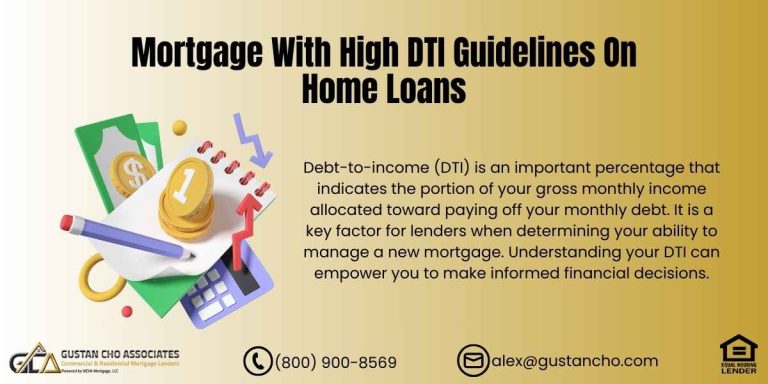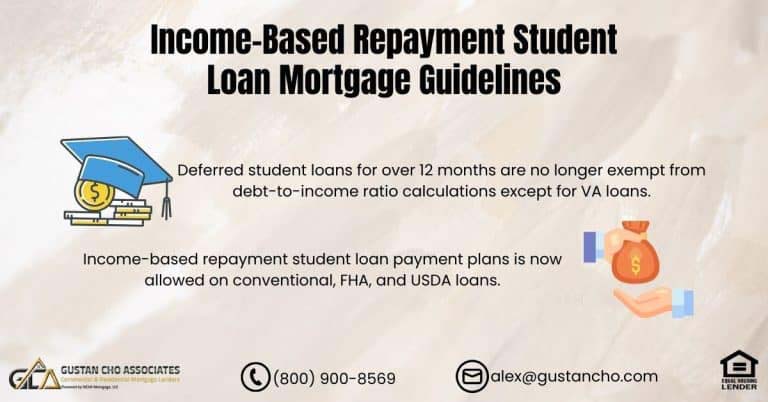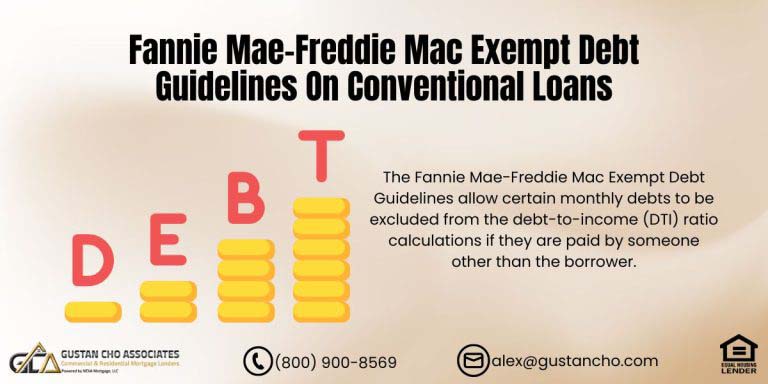This Article Is About Debt Versus Credit Scores During Mortgage Qualification
There is a negative impact on debt versus credit scores. If you have credit cards with high credit balances, that will negatively impact your credit scores. The good news is that paying down credit card balances will boost credit scores.
Here is the scoop when it comes to impact on debt versus credit scores:
- Did you know that having too much debt can have an adverse effect on credit rating?
- It’s true
- Even if consumers always pay their bills on time, having a high amount of debt can drop their credit score
- Having a lower credit score can hurt borrowers if they need a mortgage
- When applying for a loan, lenders pull credit to find out how the risk level of borrowers
- The higher the credit score, the lesser the risk borrowers are to lenders
- The better the credit scores, the better the mortgage rates, and the more loan programs borrowers will be eligible
In this article, we will discuss and cover Debt Versus Credit Scores During Mortgage Qualification.
Debt Versus Credit Scores Versus Debt To Income Ratios
Mortgage lenders look at the following factors when evaluating borrowers for credit approval:
- Credit scores
- Income
- Debt
With the combination of the borrower’s debt and income, the lender will determine the borrower’s debt to income ratio:
- Debt to income ratio or DTI is the ratio between how much debt borrowers have to the amount of income they make
- For example, if borrower make $100,000 and have $30,000 in debt, the overall debt to gross income would be 30 percent
- Keep in mind that debts counted in the DTI calculations are only debts that report to the credit bureaus
Debts like child care, car insurance, cell phone, utilities, elderly care, and health insurance do not count when mortgage underwriters calculate debt to income ratios.
Maximum HUD DTI Guidelines
The Federal Housing Administration (FHA) requires monthly mortgage payments combined with non-housing debts do not exceed the following:
- If credit scores are 620 FICO or higher, the maximum front end debt to income ratio is capped at 46.9% DTI and the back end DTI is capped at 56.9% to get AUS Approval
- If credit scores are lower than 580 FICO, the maximum debt to income ratio borrowers can have to get an automated approval per Automated Underwriting System is 43% DTI
- For borrowers who require higher credit scores to qualify for a mortgage, lenders have a tool called FICO Analyzer
- FICO Simulators will state how to maximize a borrower’s credit score
It may be by doing the following:
- paying down a certain amount of credit card balances
- paying off collections or charge offs
- or other quick fixes to boost your credit scores
Tips In Increasing Credit Scores To Qualify For Mortgage
Many people are under the belief that having too much debt will hurt their credit scores.
If consumers have too much debt on the revolving credit account, paying down the balance of credit cards to 10% of their credit limit will boost credit scores.
However, closing out your active credit card account will hurt consumer credit scores. Closing an account does not remove it from the credit report and the debt and payment history (unless paid off) would still appear on the credit report. It’s also a mistake to move credit card debt from one card to another. This does not reduce the amount of debt reporting or credit scores.
The way to start raising credit scores is to pay off debt. Consumers still need to keep some revolving debt and to keep paying bills on time to prove they are trustworthy borrowers. The trick is to find the “sweet spot” –the point at which consumers don’t much debt and having a substantial amount of available credit on revolving accounts. If you’re buying a home or looking to refinance your mortgage, take some time before you do so to pay off as much debt as you can. Raising credit scores can help borrowers qualify for mortgages with lower interest rates, and thus a lower monthly mortgage payment.
Qualifying With Lender That Has No Overlays
The team at Gustan Cho Associates has no overlays on the following:
- The minimum credit score required on FHA loans is 580 FICO
- Do not have to pay outstanding collections and charge offs to qualify for government and conventional loans
- No overlays on VA loans
- No credit score requirements on VA mortgages
- 580 credit score requirement on USDA loans
- No Overlays on Conventional loans and the minimum credit score requirement is 620
- NON-QM loans for borrowers one day out of foreclosure and/or bankruptcy
- Bank statement loans where no W2s, 1099s tax returns are required
Credit Scores Versus Mortgage Rates
Credit Scores have an impact on mortgage interest rates. The higher the credit scores, the lower the mortgage rates. Here are the impacts on credit scores and mortgage rates:
- For FHA loans, the down payment has no impact on mortgage rates
- Just credit scores
- To get the best mortgage interest rates, consumers would need a 740 credit score
- The minimum credit score required to qualify for FHA loans is 580 FICO
- HUD requires a 3.5% down payment on a home purchase
- With Conventional loans, credit scores have more of an impact on mortgage interest rates
- This is because Fannie Mae and Freddie Mac are not insured by government entities like HUD, VA, or USDA
- To get the best conventional interest rates on Conventional loans, borrowers would need 740 credit scores and at least a 20% down payment
The minimum credit score required to qualify for Conventional loans is 620 FICO.
VA Credit Score Requirements On VA Loans
VA Loans do not require any money down on home purchase:
- No credit score requirements and no debt to income ratio caps
- Has one of the most competitive mortgage interest rates
- To get the best VA mortgage interest rates, one would need 680 credit scores
Start Mortgage Approval Process With Direct Lender With No Overlays
Gustan Cho Associates is one of the very few mortgage companies licensed in multiple states with no overlays on government and conventional loans. To qualify, please contact us at Gustan Cho Associates at 800-900-8569 or text us for a faster response. Or email us at gcho@gustancho.com. We are available 7 days a week, evenings, weekends, and holidays.
This BLOG On Debt Versus Credit Scores Was UPDATED On August 23rd, 2021









